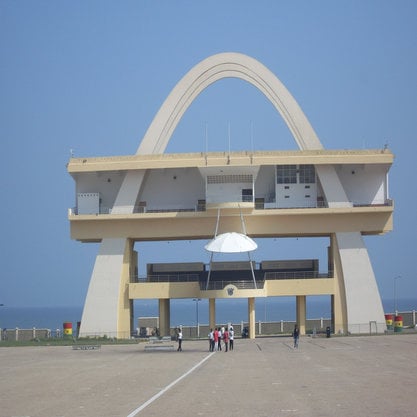Article
Nkosi, Lewis (1936–2010) By Stiebel, Lindy
Article
Lewis Nkosi is increasingly recognized as one of South Africa’s foremost literary critics, and also as an iconoclastic writer of novels and plays. His years as an exile during the apartheid era meant, however, that his reputation within South Africa was for some time less secure than it was abroad. Born in Chesterville, a black Durban township, Nkosi came from a female-headed, working-class family. He was mission-schooled in Eshowe and then embarked on a career that began with a short but important journalistic stint at Drum magazine. To take up a Nieman Fellowship at Harvard in 1961, Nkosi left South Africa on a one-way exit permit. For the rest of his life he lived variously in England, Zambia, Poland, the USA and Switzerland, following a writing and academic career.
Nkosi’s style is a distinctive one, at odds with much of the naturalist writing that characterized South African black ‘protest’ fiction of the apartheid years. Influenced by the writings of Faulkner, Kafka and Joyce, Nkosi’s style is modernist, suggestive and symbolic. His loyalty to form, and to the stringent demands of a modernist perception of art, is evident in his critical essays, gathered into three collections: Home and Exile (1965), The Transplanted Heart: essays on South Africa (1975), and Tasks and Masks: themes and styles of African literature (1981).

